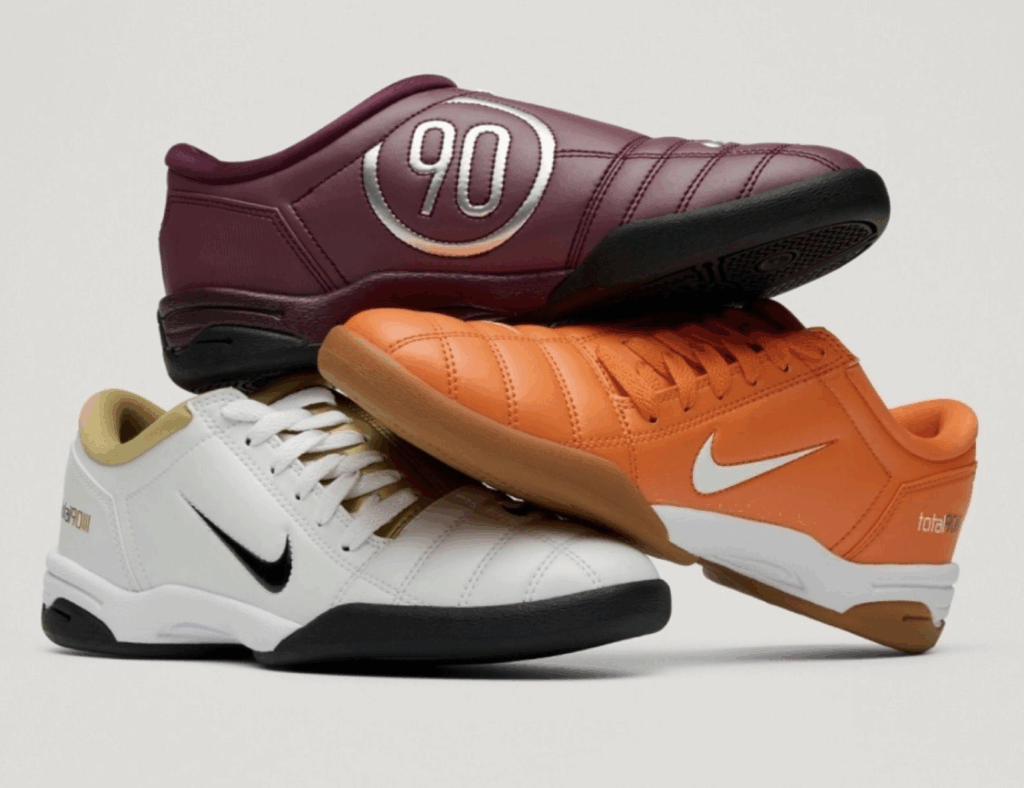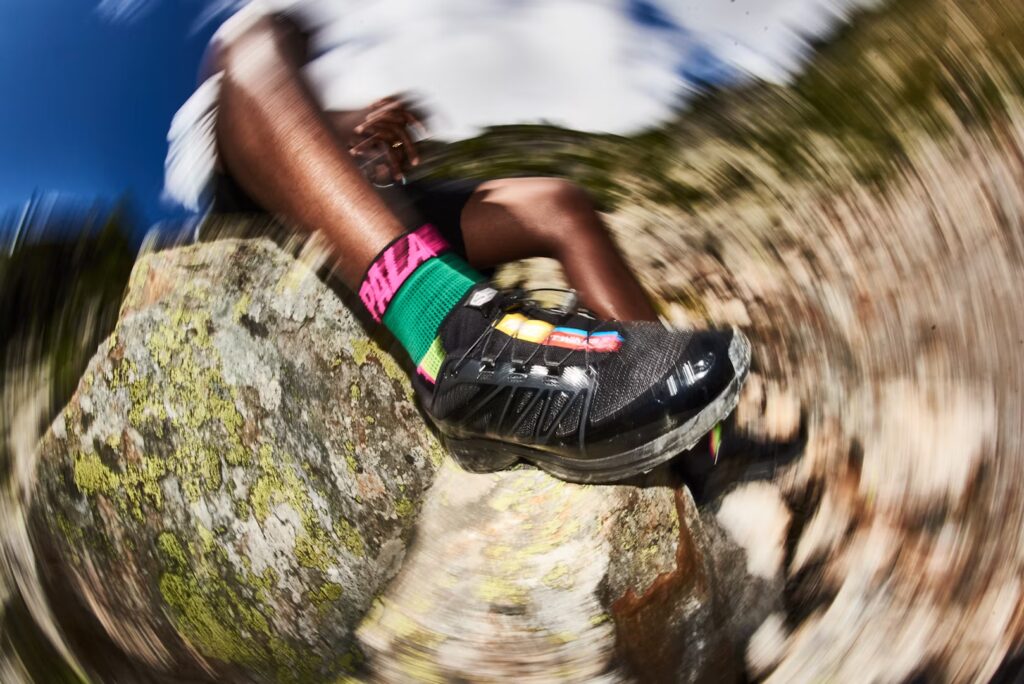A court-ordered review alleges that Nike acted with such “reckless indifference” to the trademark rights of Lontex Corporation that it should pay millions in attorney fees to the much smaller sportswear company. Nike “did not care” that it was infringing Pennsylvania-based Lontex’s “Cool Compression” trademark, continuing to use the mark to describe its products for years despite being put on notice about such infringement by Lontex on more than one occasion, according to the newly-filed report from JAMS special master, Hon. Jane Greenspan.
In her September 25 report, which was ordered by a Pennsylvania federal court to determine whether the case met the standard of “exceptionality” under the Lanham Act and justifies awarding $5 million in attorney’s fees to Lontex Corp., Greenspan stated that Nike’s actions were not only willful but also marked by an “outrageous” disregard for Lontex’s trademark rights. Reviewing the trademark-centric proceedings in the case that Lontex first waged against Nike back in 2019, Greenspan found that the case was exceptional – potentially a big win for Lontex Corp. – if the court ends up officially adopting the review. (The parties have two weeks to file objections or motions regarding the review, and after that the court will “promptly rule and may revise” its prior opinion.)
Beyond the procedural aspects of the case, however, what emerges from Greenspan’s analysis is a portrait of Nike using its vast resources to wear down a smaller competitor with aggressive litigation tactics, all while allegedly ignoring clear evidence of infringement.
Nike’s Reckless Indifference
In her report, Greenspan observed that despite multiple cease-and-desist letters from Lontex, Nike continued to use the company’s trademarked term “Cool Compression” to describe its own products. Not mincing words, Greenspan found that “Nike knew they were infringing [Lontex’s mark] but just did not care.” She emphasized Nike’s continued use of Lontex’s the trademark even after receiving notice from Lontex, stating that Nike showed “reckless indifference in its refusal to cease and desist its infringement for years despite ample notice to do so, even ignoring its own counsel.”
Beyond that, Greenspan noted that Nike’s “bad behavior” was not limited to the infringement detailed in Lontex’s lawsuit and included particularly aggressive behavior during the litigation process, with Nike leveraging its financial advantage as “the far larger entity” to “threaten” and intimidate Lontex.
A Threat to “Kill Lontex’s Business”
One of the most aggressive tactics that came to light in Greenspan’s review was Nike’s threat to bankrupt Lontex through litigation. The report details how Nike, fully aware of its financial superiority, tried to overwhelm Lontex by driving up legal costs. “There is evidence that Nike … threatened to ‘kill Lontex’s business’ with litigation costs,” Greenspan wrote. “This behavior goes beyond Nike’s ‘not unreasonable’ litigation strategy or tactics and creates an uncivil dynamic which is exceptional and caused greater expenditure on Lontex’s part than normal vigorous opposing litigation would create.”
Greenspan’s report goes on to make clear that Nike’s actions during the litigation were aimed not at resolving the dispute but at crushing Lontex under the weight of legal expenses. Relatedly, Greenspan criticized Nike for refusing to negotiate or even speak with Lontex in an attempt to avoid the high costs of trial, noting that “[t]his lack of civility goes to the heart of the attorney fee expense and signals an improper desire to simply cause increased attorney costs rather than winning on the merits.”
Still yet, Greenspan pointed out that despite Nike’s vigorous defense, the jury ultimately sided with Lontex, rejecting Nike’s evidence and finding that the infringement was both willful and outrageous. She noted that the jury’s rejection of Nike’s defense further supports the exceptional nature of the case: “[t]he jury also awarded punitive damages based upon its obvious rejection of Nike’s evidence and vigorous defense on the merits.”
The report also highlighted that Nike’s refusal to stop infringing, even after receiving notice from Lontex, further supported the claim that the company’s actions were not only reckless but deliberate. “The evidence here, in sum, is that Nike knew they were infringing but just did not care,” Judge Greenspan wrote, adding that “Nike’s indifference goes beyond recklessness, to deliberate indifference.”
“Unusual Discrepancy in the Merits”
Finally, Greenspan zeroed in on the “unusual discrepancy in the merits” between Lontex and Nike, which she said further justifies the finding of exceptionality. Despite Nike’s significant resources and its aggressive defense, Lontex was able to establish the strength of its case, prevailing on seven of the ten Lapp factors to show consumer confusion.
In assessing whether attorney’s fees should be awarded, the Special Master pointed to Nike’s conduct during the litigation, noting that it exhibited a lack of civility and fairness. “There was evidence here that Nike would not even speak with Lontex much less negotiate in order to find a reasonable compromise to avoid the expense of a trial,” the report stated, adding that Nike’s refusal to negotiate went beyond typical litigation strategy and into the realm of bad faith.
The Background: Nike’s trademark infringement battle with Lontex Corp. stems from the parties’ legal wrangling over the use of the term “Cool Compression.” The case, which got its start in federal court in Pennsylvania in 2019, focuses on Nike’s use of the term to market its products, despite Lontex’s trademark registration dating back to 2008. Lontex, a small sportswear company based in Norristown, Pennsylvania, claimed that Nike’s infringement was willful and sought damages as well as attorney’s fees.
In the initial trial, a jury found that Nike had willfully and contributorily infringed Lontex’s trademark, awarding Lontex $142,000 in compensatory damages and $365,000 in punitive damages, which the court later trebled. Following this ruling, the U.S. District Court for the Eastern District of Pennsylvania declared the case “exceptional” under the Lanham Act, ordering Nike to pay $5 million in attorney’s fees. However, Nike appealed the decision, and the U.S. Court of Appeals for the Third Circuit overturned the lower court’s ruling on attorney’s fees.
The Third Circuit held that a finding of exceptionality should not be based on general policy considerations such as the disparity in size and resources between Nike and Lontex. Instead, the appeals court held that the district court should focus on the “totality of the circumstances” specific to the case, including the “substantive strength” of Lontex’s position and the way the case was litigated. The court remanded the issue of attorney’s fees back to the district court, stating that Nike’s size alone does not make the case exceptional without evidence of bad faith or unreasonable litigation tactics. However, Greenspan’s report pushes back against the Third Circuit’s ruling.
The case is Lontex Corporation v. Nike, Inc., 2:18-cv-05623 (E.D. Pa.).














